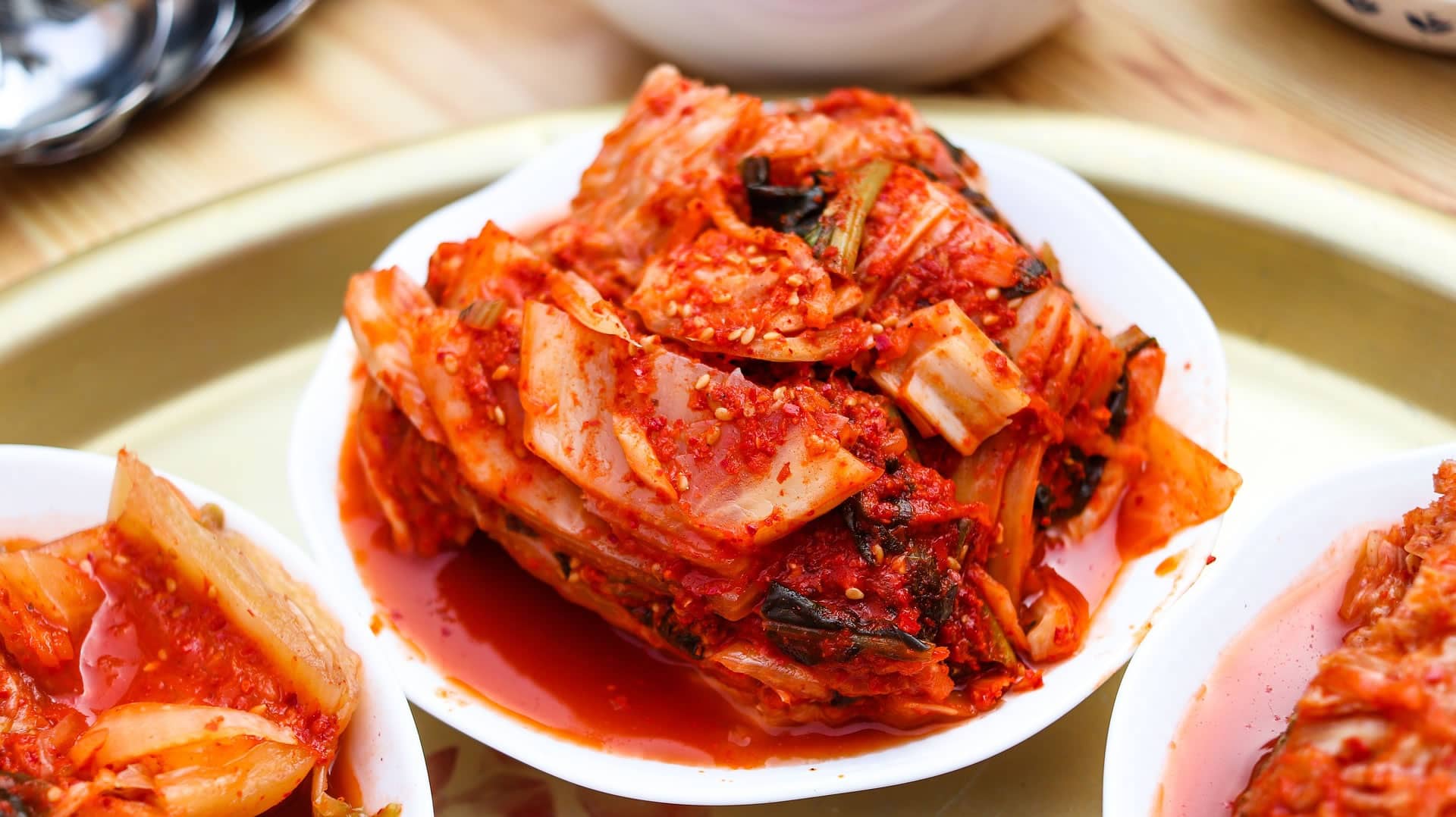According to the USA’s National Institute On Ageing (NIA), what’s present inside our guts (our gut microbiome) may well be significant in terms of our overall health… and even our life spans. What appears to be key is having the right amount and balance of these micro-organisms in our gastrointestinal tract. Current findings suggest that there are potential connections to many health conditions such as obesity, metabolic disorders, inflammation, cancer, and depression – all of which could lead to premature death.
Is age relevant?
Unsurprisingly, the answer is yes: Throughout the human life span, gut microbiome follows some predictable patterns, with rapid changes from infancy to age three, stability up until middle age, and then accelerated change starting in late adulthood; changes that aren’t all for the better. That said, recent NIA-supported research found that older adults whose gut microbiomes had grown more unique with age were able to walk faster and had better overall mobility than peers who showed less GI microbe changes with age. Plus, those with less diverse gut environments were on more medications, and were nearly twice as likely to die during the study period.
Diet
The research team suspected that modern diets high in salty, sugary, or fatty processed foods may damage the ageing gut, while higher fibre nutritious foods like fruits, vegetables, seeds, beans, and nuts, plus regular consumption of fermented foods could be combined with exercise to help protect a healthy gut microbiome balance as we age.
Let’s talk more about fermented
Whilst there’s nothing new or trendy about fermentation (historians have traced signs of it in food and beverages dating back to 7000 BC), it’s a process that not only helps preserve the food but also enhances its taste, texture, and nutritional qualities. And it’s these qualities that, according to the scientists, can have a profoundly positive affect on our overall health, including:
– Enhanced nutrient absorption: So for instance, fermented dairy products such as yoghurt can help improve the absorption of calcium and other key minerals essential for maintaining bone health – particularly important as we age.
– Immune system support: Fermented foods can help support the function of our immune system, potentially reducing the risk of age-related diseases and infections.
– Anti-inflammatory effects: Some fermented foods contain anti-inflammatory properties. Chronic inflammation is associated with several age-related conditions including cardiovascular disease, arthritis, and neurodegenerative disorders such as Alzheimer’s disease.
– Enhanced mental health: Research now emerging suggests that the gut-brain axis – the bi-directional communication between the gut and the brain – influences our mental health. Fermented foods that contain probiotics could positively impact the gut-brain axis, and contribute to better mental well-being.
What to try
Fermented foods can include a wide range of products, such as natural “live” yoghurt, kefir (a milk drink not dissimilar to yoghurt), sauerkraut, kimchi (a traditional Korean vegetable dish), miso (a traditional Japanese seasoning, tempeh (a traditional Indonesian meat-like dish prepared with soy beans), kombucha (a tea drink with an acidic flavour and slight fizz) and certain types of cheeses including Swiss, Gouda, Cheddar, Edam, Gruyere and cottage cheese.
Gradually does it
It’s important to remember that everybody’s different, and individual responses to fermented foods may vary, with some people experiencing digestive discomfort or allergies. So if you’re new to fermented foods, it’s advisable to introduce them to your diet gradually, and observe how your body responds. You could also consult with a healthcare professional or registered dietitian or nutritionist who can provide you with personalised guidance on incorporating fermented foods into your diet.
What else to try
Meanwhile, to further enhance your gut health, it’s well worth increasing your dietary fibre through foods such as fruit, vegetables, whole grains, legumes and nuts, keeping yourself properly hydrated (if your pee is the colour of pale straw but no darker, you’re doing well!), and cutting right back on highly processed food – where the list of the ingredients looks more akin to a science lab than a kitchen! It’s also worth keeping on top of your stress levels, as high levels can affect the balance of bacteria in your gut. So engaging in stress-reducing activities such as exercise, meditation or hobbies can all play their part in supporting your gut health.



V. interesting article. I make a point of avoiding drinking kefir when I’m eating sugar, as I heard the sugar negatively affects the positive effect of the kefir.